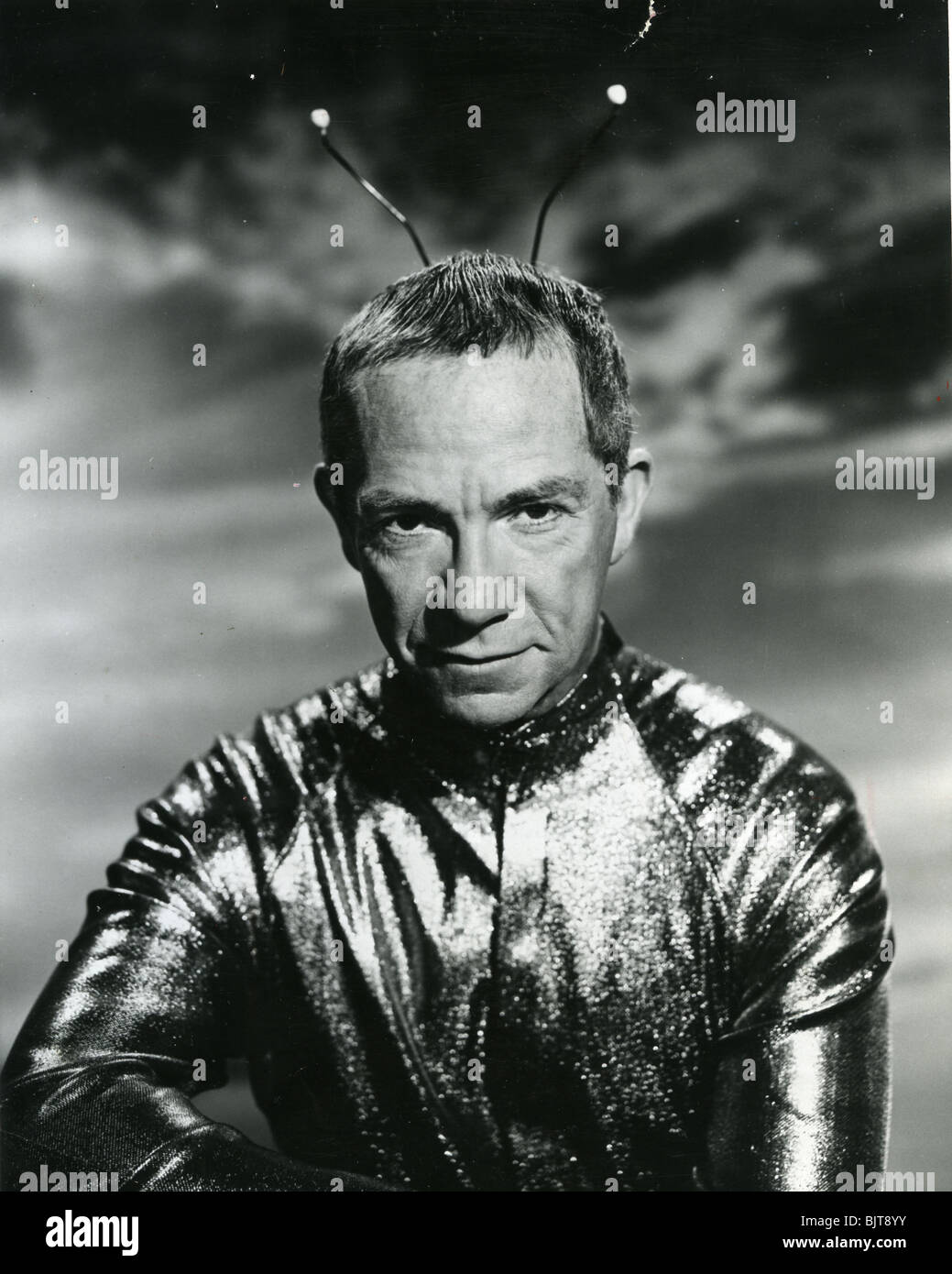Remembering Ray Walston is like stepping back into a golden era of entertainment where actors weren't just performers but storytellers who brought life to every role they undertook. Born Herman Raymond Ray Walston, his career spanned over seven decades, leaving an indelible mark on both stage and screen. From his early days in theater to becoming a household name through the beloved character Uncle Martin in 'My Favorite Martian,' Walston's journey was nothing short of extraordinary.
Beyond the alien antics of Uncle Martin, Walston's versatility as an actor allowed him to shine in various roles across different mediums. His ability to adapt and deliver compelling performances earned him critical acclaim and numerous accolades, including a Tony Award for his work in theater. This article delves into the life and legacy of this legendary actor, celebrating not only his iconic television roles but also his profound contributions to the world of performing arts.
A Journey Through Seven Decades
Herman Raymond Ray Walston, born on November 2, 1914, embarked on a remarkable acting career that stretched across seven decades. Initially gaining recognition through his theatrical performances, Walston transitioned seamlessly into film and television, showcasing his exceptional talent. His first major break came when he won a Tony Award for his role in the Broadway production of The Teahouse of the August Moon. This success marked the beginning of a illustrious career filled with diverse roles and memorable performances.
In the late 1950s and early 1960s, Walston appeared in several films, further cementing his reputation as a versatile actor. Notable among these were South Pacific, Damn Yankees!, and The Apartment. Each film highlighted his ability to portray characters with depth and authenticity. His performance in The Apartment particularly garnered attention, earning him praise for his nuanced portrayal of a stern yet compassionate character.
As Walston continued to explore different genres, he maintained a strong presence in both theater and film, proving that his talents were not confined to any single medium. His dedication to his craft and continuous pursuit of challenging roles kept him relevant throughout his career, making him a respected figure in the entertainment industry.
Uncle Martin: A Legacy Beyond Earth
Ray Walston's portrayal of Uncle Martin in 'My Favorite Martian' remains one of his most iconic roles. The show aired from 1963 to 1966 and quickly became a favorite among audiences for its unique blend of science fiction and comedy. As the Martian visitor who crash-lands on Earth, Walston's character brought humor and heart to each episode, captivating viewers with his quirky demeanor and resourceful nature. Despite the lighthearted premise, the show tackled various social issues of the time, adding layers of complexity to its narrative.
Walston's interview with the Houston Chronicle revealed his acceptance and appreciation of the impact Uncle Martin had on his career. He acknowledged that while the role was just one part of his extensive repertoire, it played a significant role in shaping public perception of his abilities. Through Uncle Martin, Walston reached a broader audience, introducing them to his distinctive charm and comedic timing.
Even after the series ended, Walston embraced the legacy of Uncle Martin, recognizing its enduring appeal. Fans fondly remember the character for its imaginative storyline and the warmth that Walston infused into every scene. His commitment to bringing Uncle Martin to life left a lasting impression on television history, ensuring that his contribution to pop culture would not be forgotten.
Versatility Across Mediums
Beyond 'My Favorite Martian,' Ray Walston demonstrated his versatility by taking on diverse roles in both film and television. One notable performance was his role as Poopdeck Pappy in Robert Altman's Popeye. In this film, Walston's portrayal added a layer of authenticity to the character, blending humor with a touch of eccentricity. His ability to adapt to different genres showcased his range as an actor and solidified his reputation as a consummate professional.
Walston also made appearances on popular television shows such as Star Trek: The Next Generation and Star Trek: Voyager. In these episodes, he played a Starfleet Academy gardener, lending his seasoned presence to the sci-fi universe. These guest appearances highlighted his enduring appeal and willingness to embrace new challenges even later in his career.
Throughout his life, Walston remained active in the entertainment industry, participating in projects that resonated with his interests and skills. His involvement in productions like Fast Times at Ridgemont High, where he starred alongside Sean Penn, demonstrated his relevance across generations. By continuously engaging with contemporary projects, Walston ensured that his legacy as a dynamic and adaptable actor endured well beyond his years.
A Life Celebrated
On what would have been Ray Walston's birthday, fans and admirers alike come together to celebrate the life and achievements of this remarkable actor. Known for his charismatic performances and dedication to his craft, Walston's influence continues to inspire those who appreciate the art of storytelling. His ability to connect with audiences through his roles created a lasting bond that transcends time.
As we reflect on Walston's career, it becomes evident that his contributions extend far beyond the characters he portrayed. His work in theater, film, and television has left an indelible mark on the industry, influencing countless aspiring actors and filmmakers. Through his passion and commitment, Walston set a standard of excellence that continues to resonate within the entertainment community.
Join us in honoring Ray Walston by revisiting some of his most cherished moments on screen. Whether it's through the laughter-inducing antics of Uncle Martin or the poignant performances in his other roles, Walston's legacy lives on through the memories he created and the inspiration he provided to future generations of artists.

